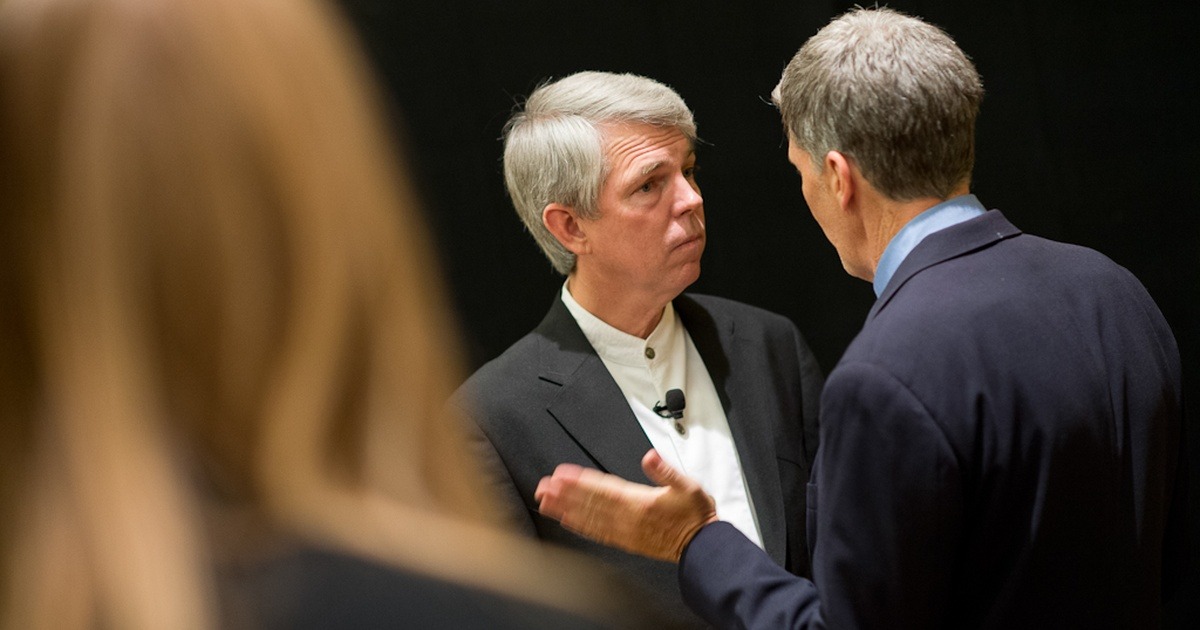The United States Constitution does not explicitly mention Christianity or any specific religion. Similarly, the Declaration of Independence refers to rights coming from a “Creator” and “Nature’s God” without specifying a particular deity.
Despite this, a significant number of Americans believe that the founding fathers intended the U.S. to be a Christian nation, and some believe it should remain one. This belief is particularly strong among Republicans and white evangelicals, with supporters of Donald Trump often voicing these views.
The concept of a Christian America varies in interpretation. While many Americans hold general God-and-country sentiments, a smaller, more fervent group also believes that the Constitution was divinely inspired and that the federal government should endorse Christianity in public life.

This group tends to have unfavorable views toward immigrants, downplay anti-Black discrimination, and view Trump favorably. This belief system is often referred to as Christian nationalism, which combines American and Christian values and seeks to elevate Christianity in public discourse.
Proponents of Christian nationalism often view American history through a lens of national innocence, avoiding acknowledgment of darker aspects of the country’s past. This belief is intertwined with other ideologies, such as Manifest Destiny, America First, and Make America Great Again.
While many conservatives and Republicans embrace the idea of Christian national origins, not all identify as Christian nationalists.
Some, like Republican House Speaker Mike Johnson, assert that America was founded as a Christian nation and that Christian principles influenced its laws and founding documents.
Critics, however, argue that the idea of a Christian America is a myth that excludes non-Christians and justifies past injustices. They emphasize the Constitution’s prohibition of religious tests for office and its establishment clause, which separates church and state.
Overall, the belief in America’s Christian origins remains prevalent in American society, with a significant portion of the population supporting the idea that the country was founded as a Christian nation.


